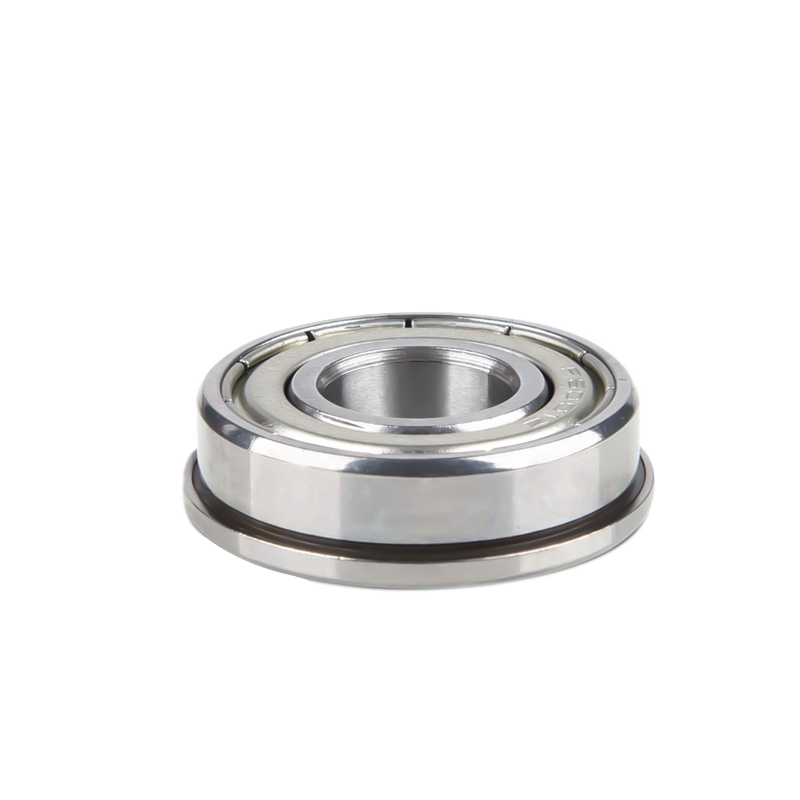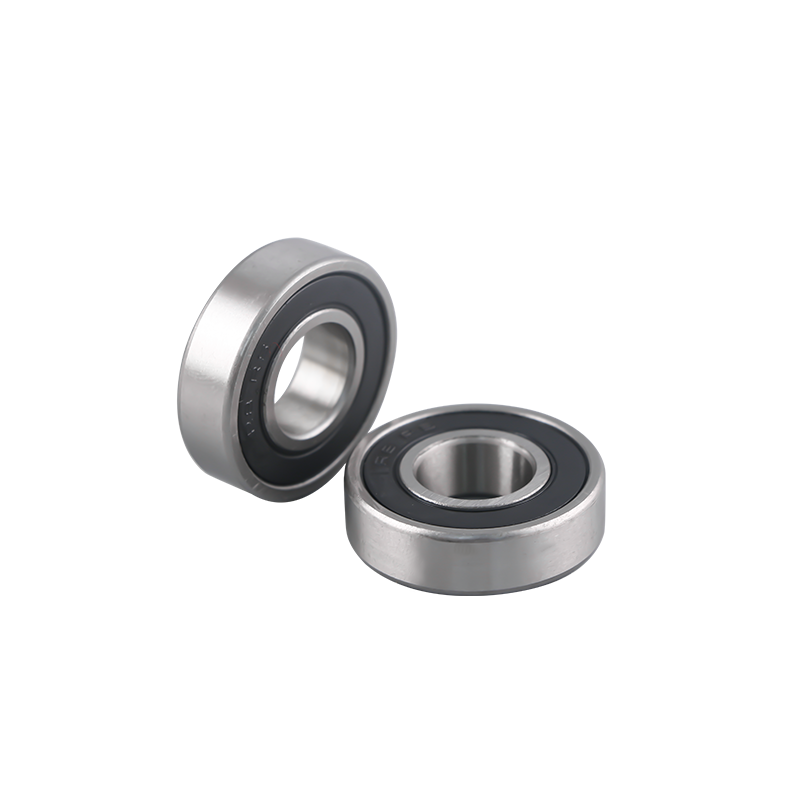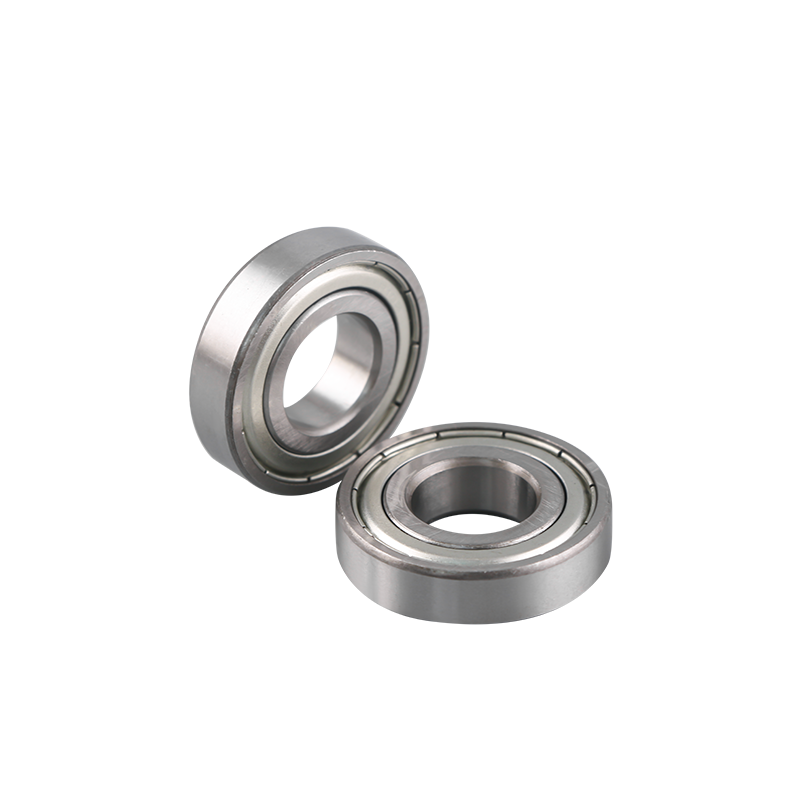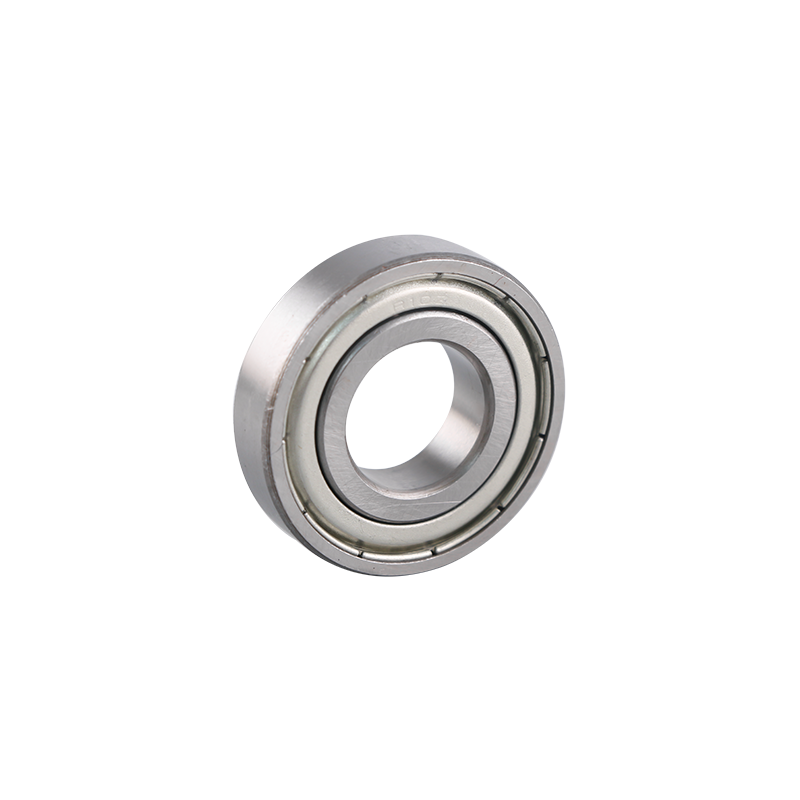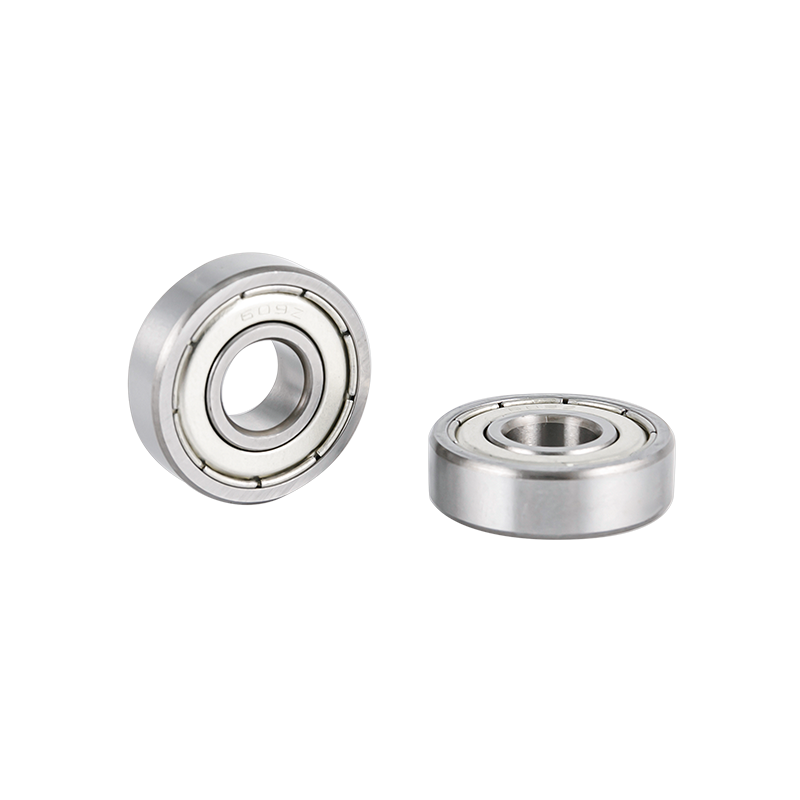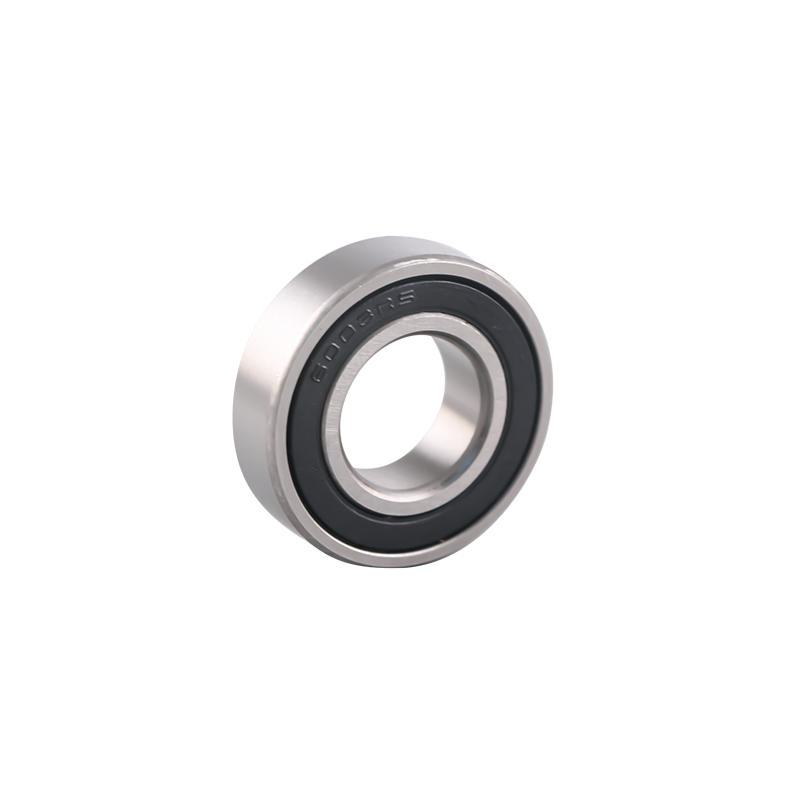The load applied to
deep groove ball bearings has a significant influence on their working temperature. The relationship between load and temperature can be understood through the following key points:
Frictional Heat Generation: When a load is applied to a deep groove ball bearing, the rolling elements (balls) and the raceways (inner and outer rings) experience friction as they move against each other. This friction generates heat within the bearing. The magnitude of this heat generation is directly proportional to the load applied. Heavier loads lead to more significant frictional heat.
Hertzian Contact Stresses: As the load on the bearing increases, so does the contact stress between the rolling elements and the raceways. This increased contact stress can result in localized deformation and stress concentrations at the points of contact. Higher loads can lead to increased contact stresses, which, in turn, can elevate the bearing's operating temperature.
Thermal Expansion: The components of a deep groove ball bearing, such as the balls and raceways, may undergo slight thermal expansion as they heat up due to friction. Increased load and heat generation can lead to more pronounced thermal expansion, potentially affecting the internal clearances within the bearing. This, in turn, can influence temperature further.
Lubrication: Load affects the distribution of lubricant within the bearing. Higher loads can cause greater deformation and rolling element contact, potentially squeezing out lubricant and leading to increased friction and temperature. Proper lubrication is essential to minimize these effects.
Heat Dissipation: The ability of a bearing to dissipate heat is also influenced by the load. Higher loads can lead to more localized heating within the bearing. If the bearing does not have sufficient clearance or the necessary design features to facilitate heat dissipation, the temperature can rise more rapidly.
Bearing Life and Fatigue: Excessive loads can shorten the life of a bearing due to increased fatigue and wear. This can indirectly affect temperature as the bearing may fail prematurely if subjected to loads beyond its rated capacity.
